United Kingdom to Offer Monkeypox Vaccine to Gay and Bi Men
UK Health Security Agency says Imvanex will be made available to men who have sex with men with the highest risk of exposure.

Health officials in the United Kingdom will start offering monkeypox vaccines to some men who have sex with men in response to the relatively rapid spread of the disease, with the number of confirmed cases exceeding 3,000 in total, affecting individuals in 42 different countries.
Doctors in Great Britain will be able to offer the Imvanex vaccine to men who have the highest risk of exposure, the UK Health Security Agency said in a statement on Tuesday.
While anyone can contract monkeypox, data from the latest outbreak, involving the West African strain of the virus that causes the disease, shows higher levels of transmission within — but not exclusively among — gay and bisexual-identifying men and men who, regardless of their sexual orientation, have sex with other men.
The Health Security Agency identified those at highest risk as men who have sex with men and have multiple partners, participate in group sex, or attend venues where sex occurs on the premises.
“By expanding the vaccine offer to those at higher risk, we hope to break chains of transmission and help contain the outbreak,” Dr. Mary Ramsay, the Health Security Agency’s head of immunization, said, according to The Associated Press.
While monkeypox is not currently defined as a sexually-transmitted infection, it can be passed on by close or intimate contact that occurs during sex, either through respiratory droplets or through contact with sores or bedding and clothing that has touched pox sores. Health officials warn that anyone who is in close, physical contact with someone infected or their clothing or bedsheets is at risk of acquiring the disease, regardless of sexual orientation.
However, in the United Kingdom, where there are 793 confirmed cases of monkeypox, 99% of those infected are men, and men who have sex with men comprise the majority of cases among that sub-group.
Last month, Dr. David Heymann, the chairman of the World Health Organization Emergency Committee, told reporters that WHO researchers had traced monkeypox cases in Spain and Germany to sexual activity stemming from LGBTQ events, including a Gay Pride celebration in Spain’s Canary Islands, and the Darklands Festival, a large-scale fetish festival held in Antwerp, Belgium.
Until last month, monkeypox’s spread was largely confined to central or West Africa. There have been more than 1,500 reported cases and 72 suspected deaths in Africa as part of a separate epidemic, unrelated to the infections spreading in Europe and other developed countries.
Vaccines have never been used to control monkeypox before, although the Imvanex vaccine, which was originally developed for smallpox, is believed to be about 85% effective in preventing monkeypox.
Heretofore, vaccines were only available for health workers taking care of monkeypox patients, or for cleaners who have to disinfect areas or linens contaminated by the virus. But health officials are hoping that by expanding the pool of those who are vaccinated to include individuals at higher risk of infection, they can curb the spread of the disease.
According to the AP, World Health Organization Director-General Tedros Adhanom Ghebreyesus will be convening a meeting of experts on Thursday to determine whether increases in the number of cases warrant the disease being declared a “global emergency” — the same designation as the COVID-19 pandemic and efforts to eradicate polio.
Ghebreyesus has described the spread of monkeypox among populations and regions to which it is not endemic, such as sub-Saharan Africa, as “unusual and concerning.”
Support Metro Weekly’s Journalism
These are challenging times for news organizations. And yet it’s crucial we stay active and provide vital resources and information to both our local readers and the world. So won’t you please take a moment and consider supporting Metro Weekly with a membership? For as little as $5 a month, you can help ensure Metro Weekly magazine and MetroWeekly.com remain free, viable resources as we provide the best, most diverse, culturally-resonant LGBTQ coverage in both the D.C. region and around the world. Memberships come with exclusive perks and discounts, your own personal digital delivery of each week’s magazine (and an archive), access to our Member's Lounge when it launches this fall, and exclusive members-only items like Metro Weekly Membership Mugs and Tote Bags! Check out all our membership levels here and please join us today!









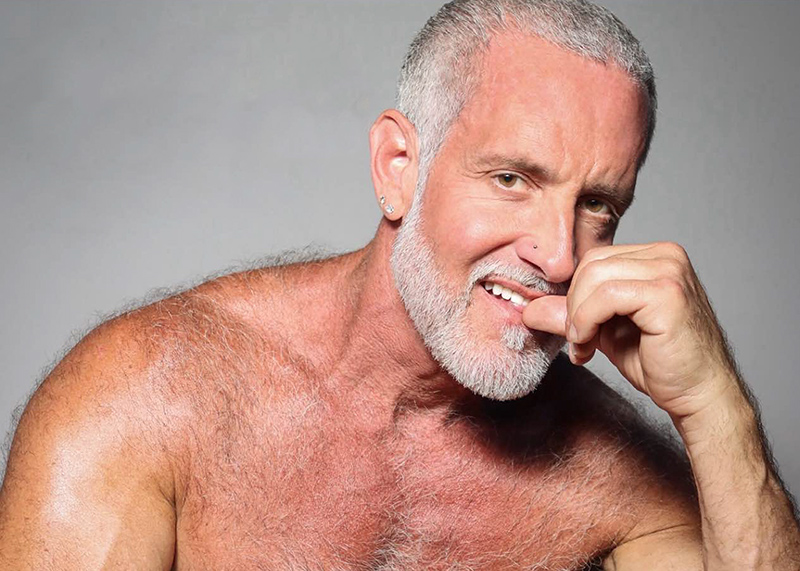













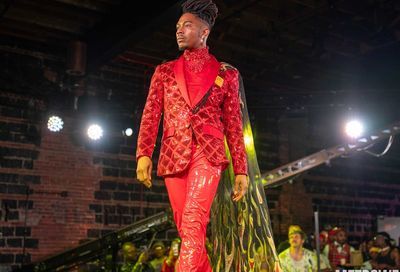

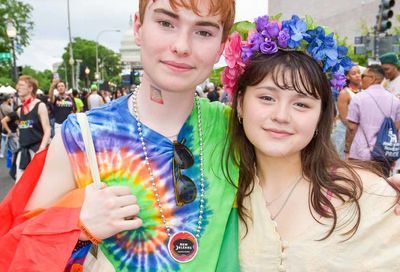
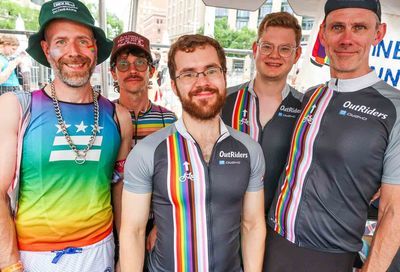
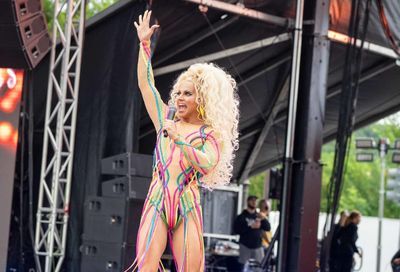
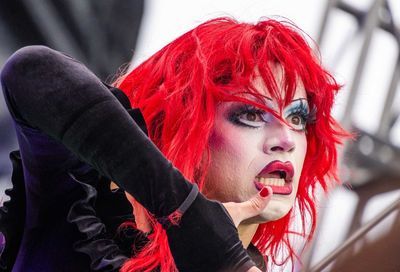
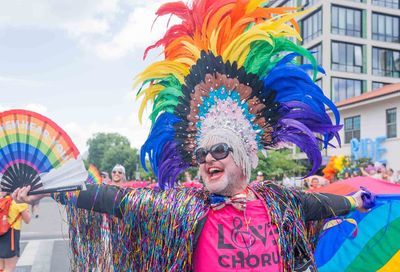
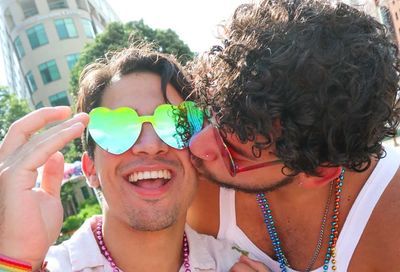

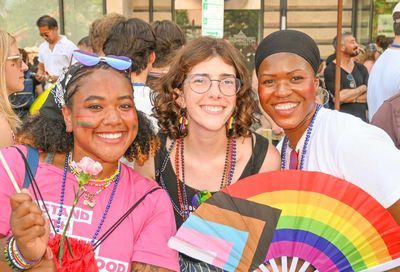
You must be logged in to post a comment.